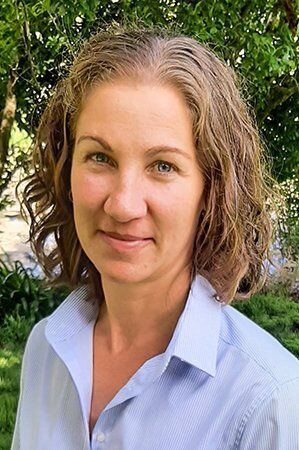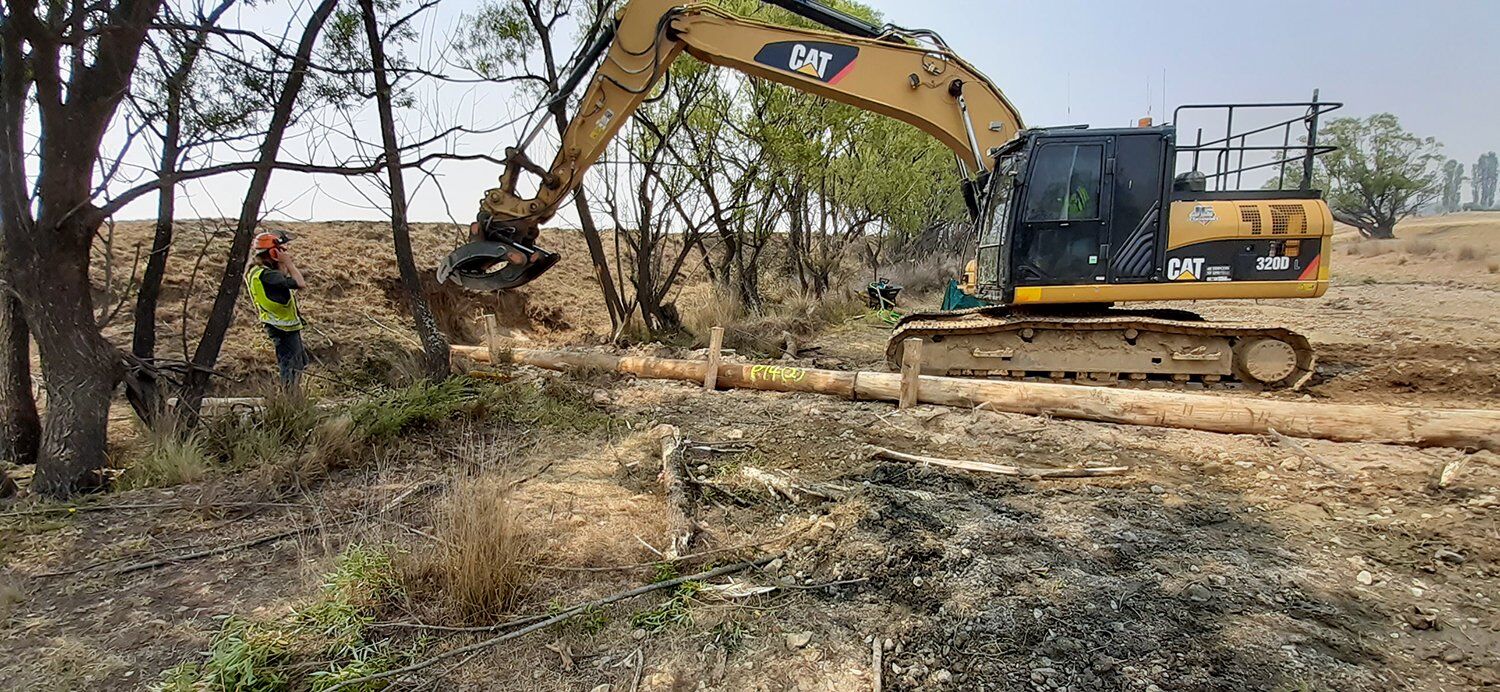Penny Cooper from Marulan, NSW joined us during pre-COVID times to complete the work experience requirements of her Bachelor of Ecological Agricultural Systems with the Charles Sturt University.
During my studies, the Mulloon Institute caught my attention through its approach to landscape rehydration and as a unique organisation at the forefront of the regenerative agriculture movement.
In particular was TMI’s combination of practical land management practices with scientific study, research and evidence, and the willingness to demonstrate and share combined learnings of these.
Throughout my studies, I was often confronted with the challenge of presenting solid scientific material that backs up the claims of regenerative agriculture. While evidence exists its often difficult to find and access and is not always easily deciphered by those on-the-ground wanting practical changes to management practices that they can implement.
The main issue is that agricultural systems are complex, living and constantly changing. They are also influenced by a multitude of political, social, economic and environmental factors. Through my studies I came to understand that there is no prescription for the perfect regenerative system – something often demanded by reductionist paradigms prevalent in the agriculture sector. Far from being prescriptive, TMI’s holistic approach seeks to obtain evidence, demonstrate practice and educate others.
Biomass sampling in the Mulloon Creek catchment from left to right; Greg Hosking, Penny Cooper, Phil Tickle and Dr Richard Thackway.
I began my work experience in September 2019, conducting Rapid Appraisal of Riparian Condition (RARC) surveys along Mulloon Creek with Research Coordinator Luke Peel as part of the ongoing monitoring on the Mulloon Rehydration Initiative. Later I also worked on data consolidation and appraisal and took part in pasture biomass sampling with Phil Tickle of Cibolabs. After this I worked with vegetation experts Dr Richard Thackway and Greg Hosking from Soils For Life to ground truth the satellite mapping works conducted by Cibolabs earlier.
After 10 days with the Research team, I then began work experience with the Mulloon Rehydration Initiative’s Technical Officer, Max Brunswick. Despite the drought and raging bushfires in early 2020, it was fortunate timing that I was able to participate in constructing leaky weirs in Mulloon Creek. After the careful design and approval processes are complete the structures are installed using rock, logs and local materials. After installation, the next step is establishing vegetation on the structures to knit them together, allowing them to take on a life of their own and ensure longevity. I helped transplant reeds and other water plants to armour the structures, while riparian species were planted to fortify the creek banks.
Leaky weir construction with Max Brunswick in Mulloon Creek.
Before my work experience wrapped up in February 2020, I helped assess a new project site on Mulloon Creek with a private landowner and TMI’s Principle Landscape Planner, Peter Hazell.
My time with TMI was an amazing experience. All the team members I worked with were extremely accommodating and ensured I gained a breadth of experience that I was not expecting. Today I have gained employment with TMI and work amongst a broad range of passionate, creative and inspiring researchers, planners, educators, agricultural practitioners, and administrative and marketing coordinators. I’m still pinching myself!
Penny Cooper, Trainee Director of On-ground Works


